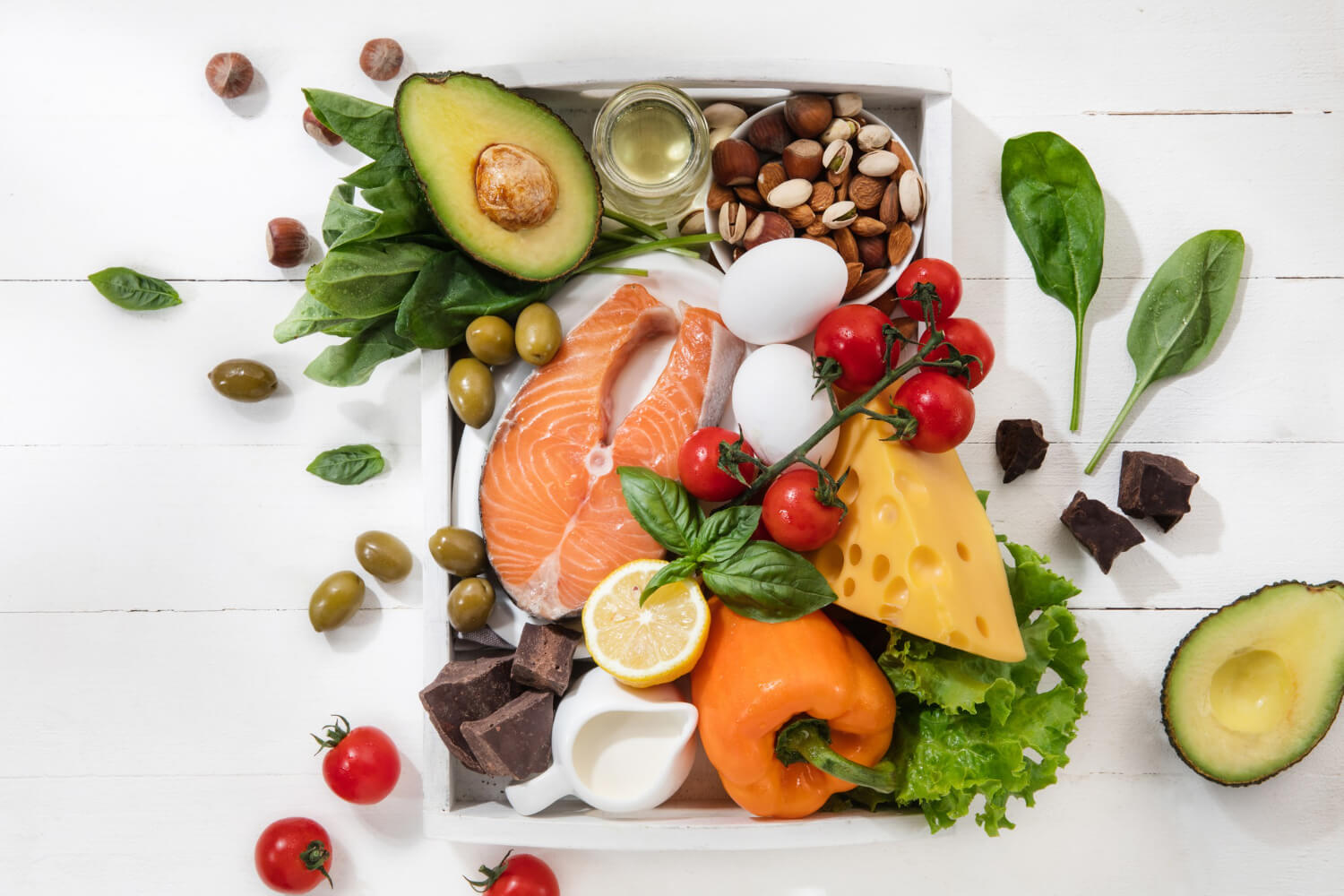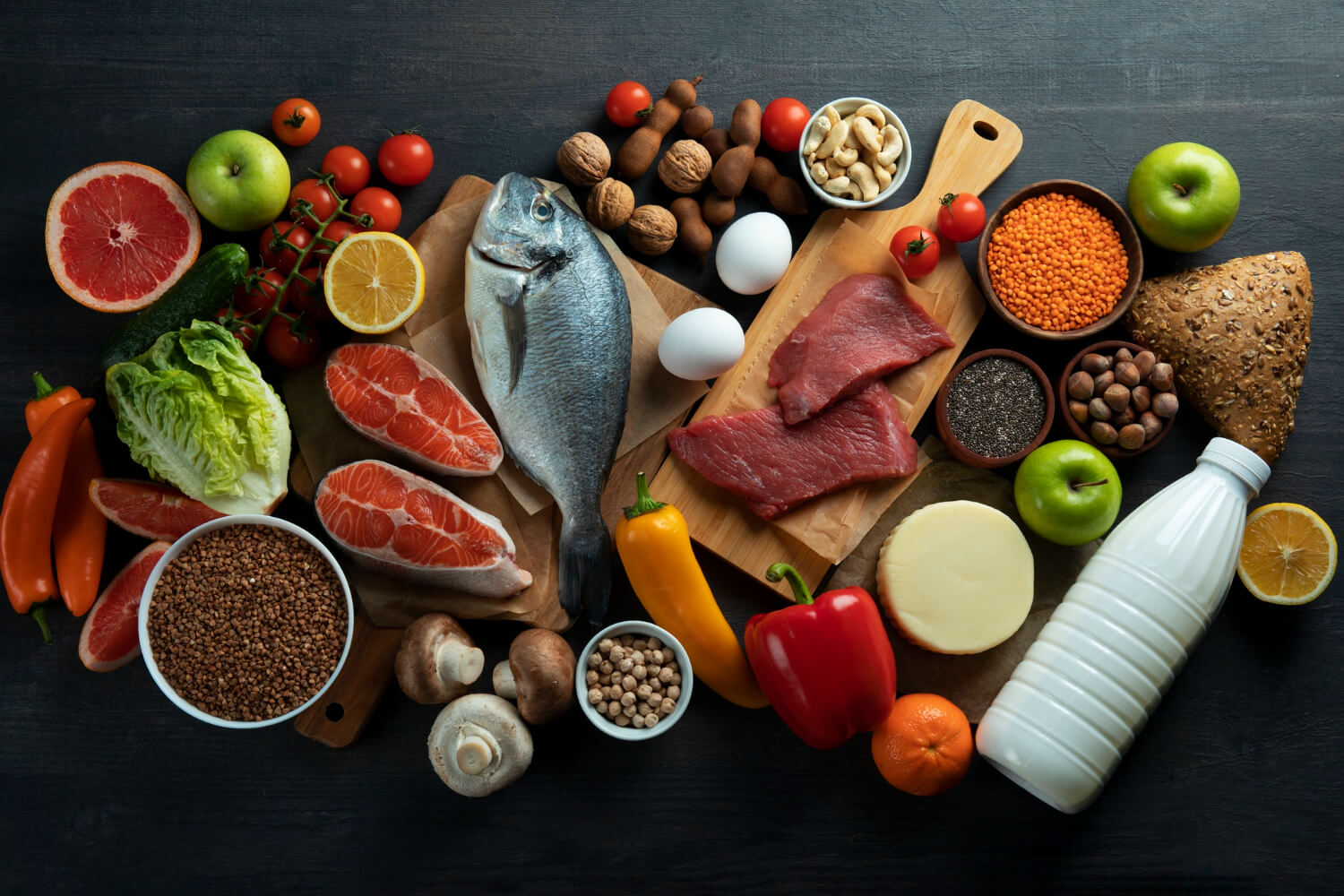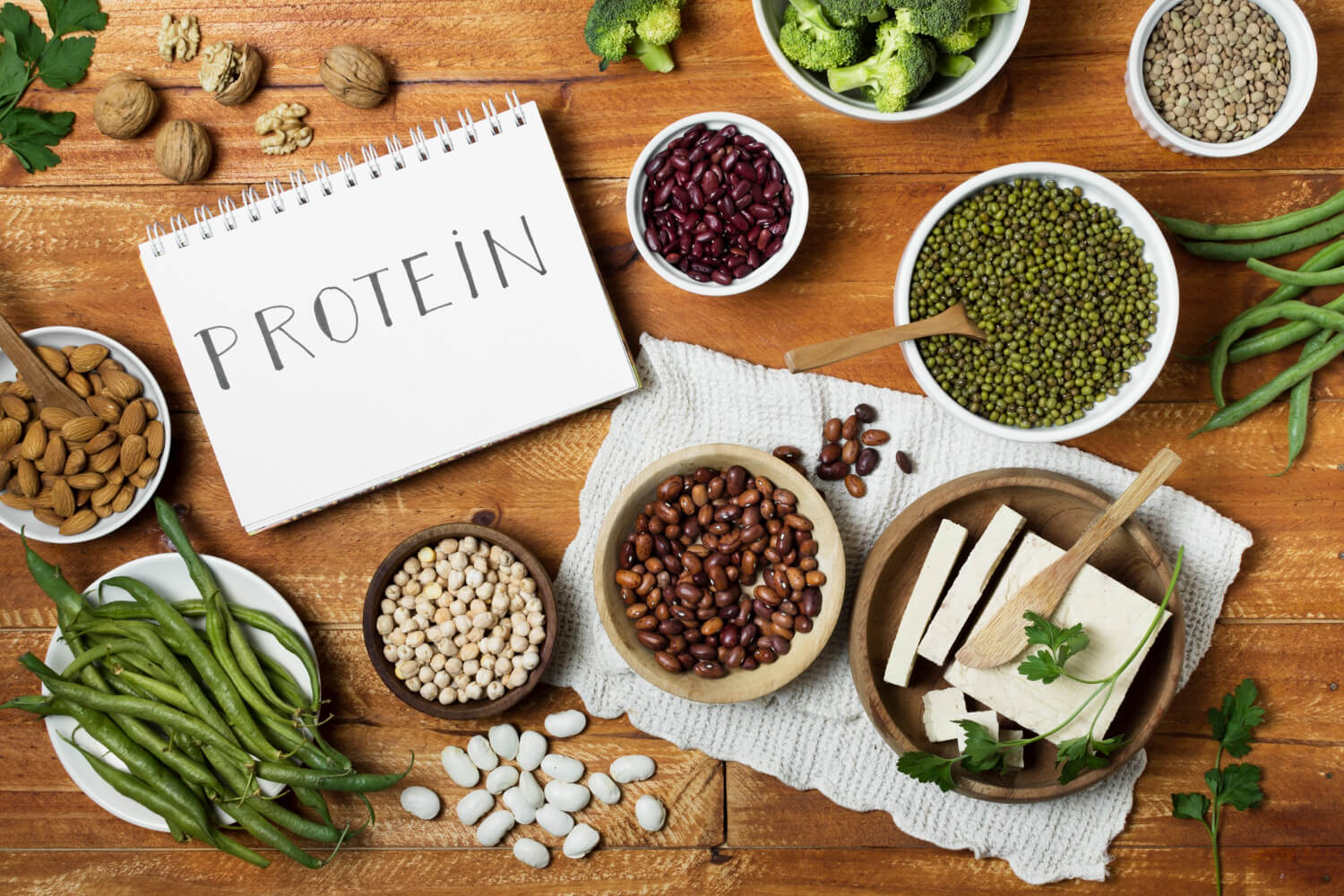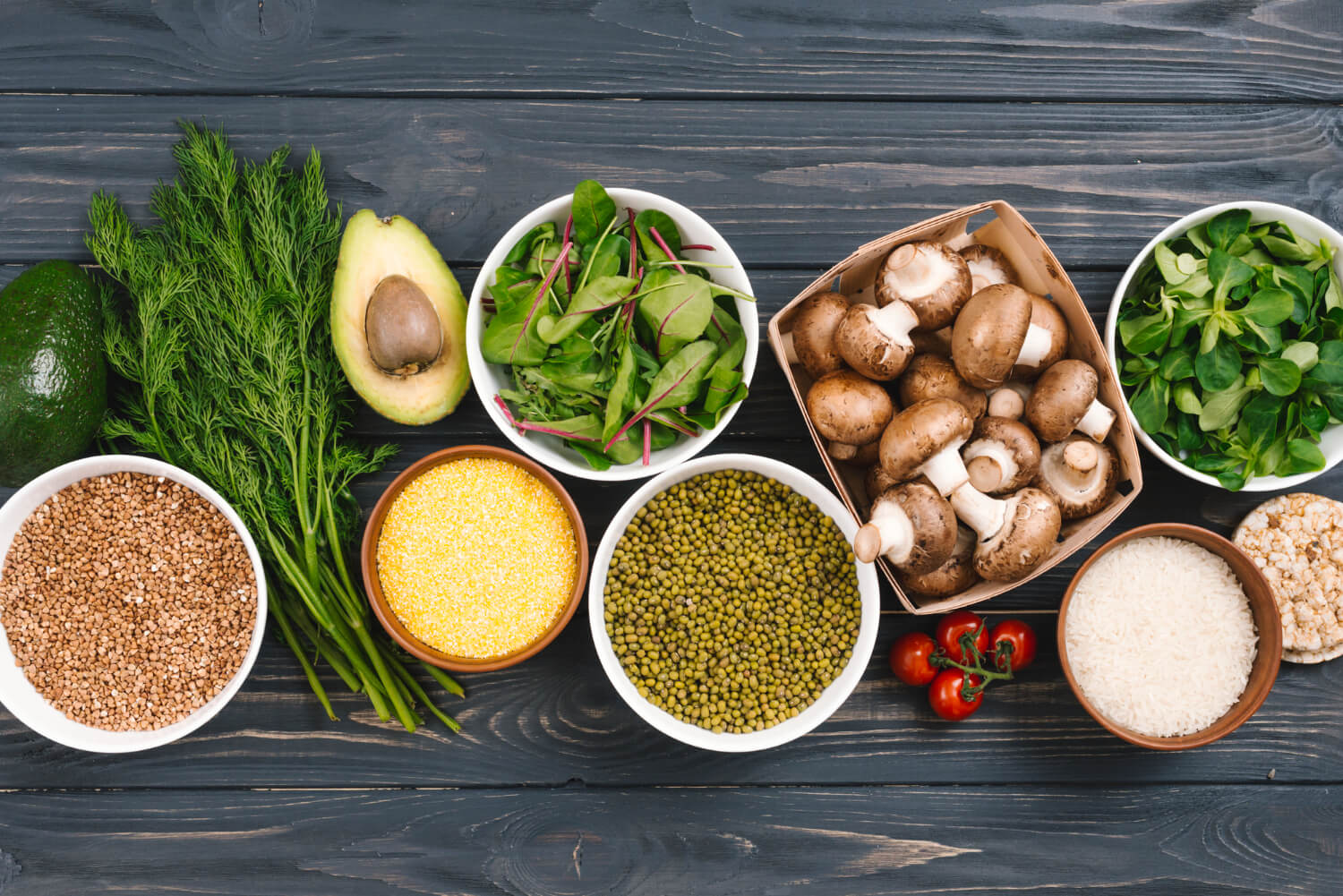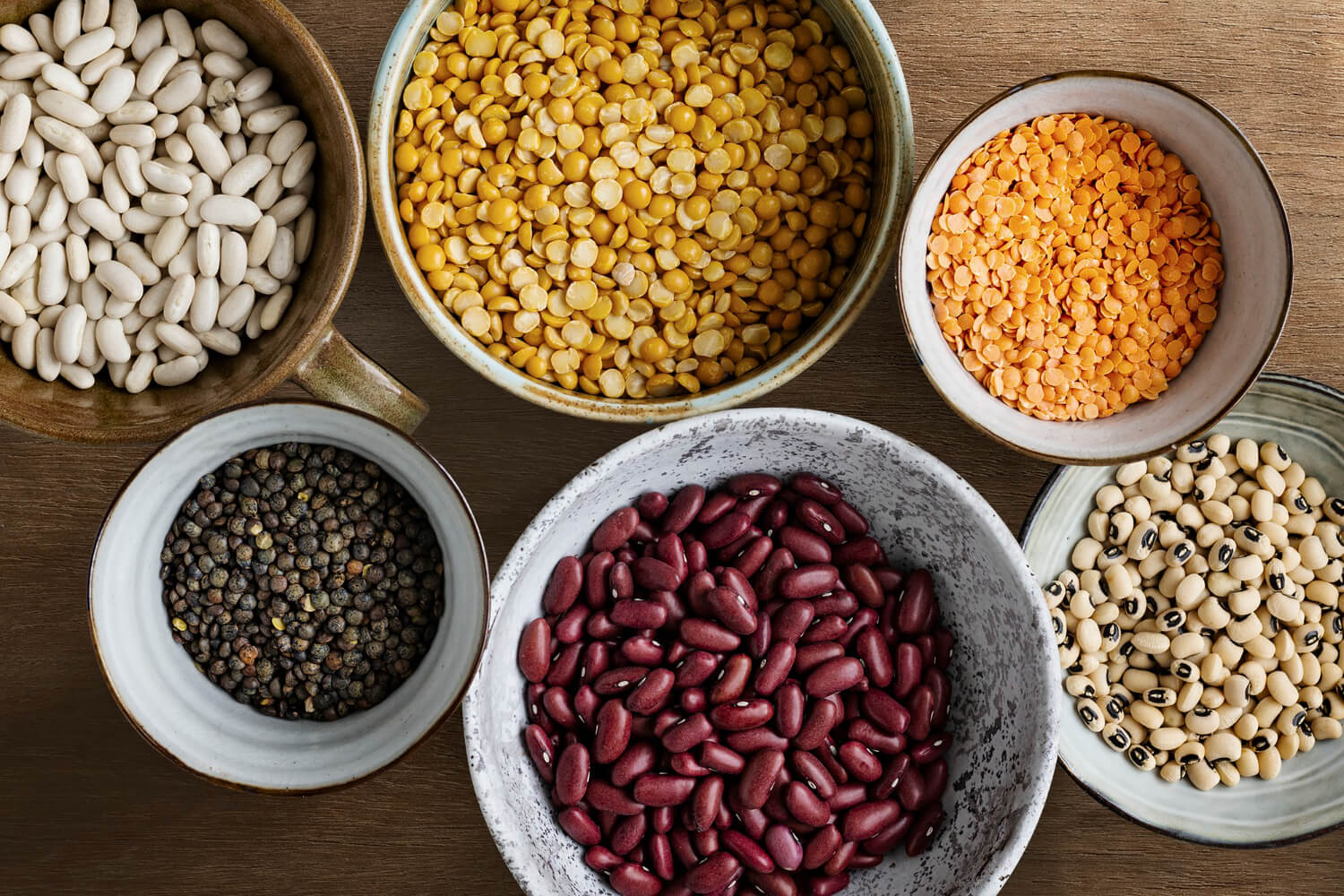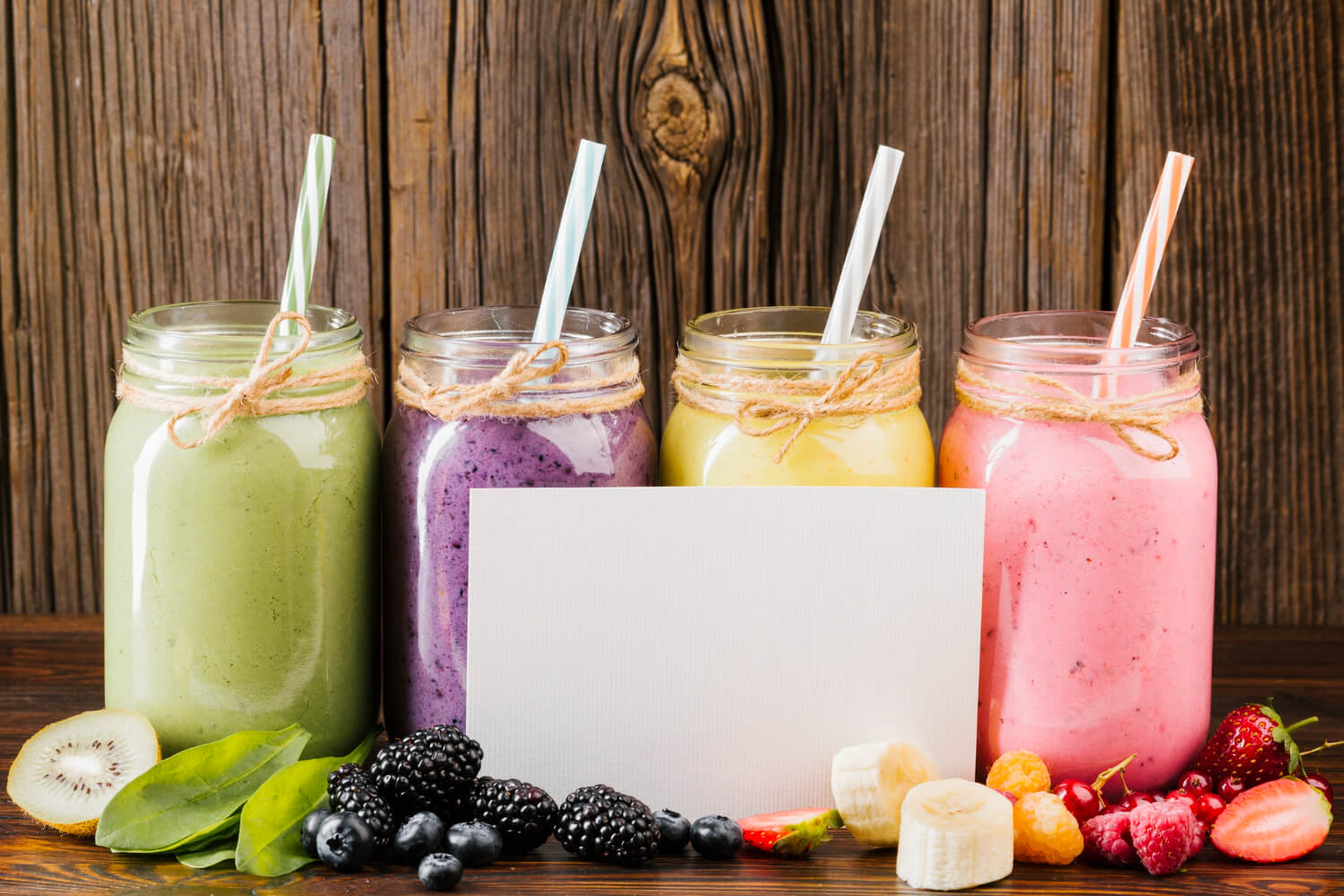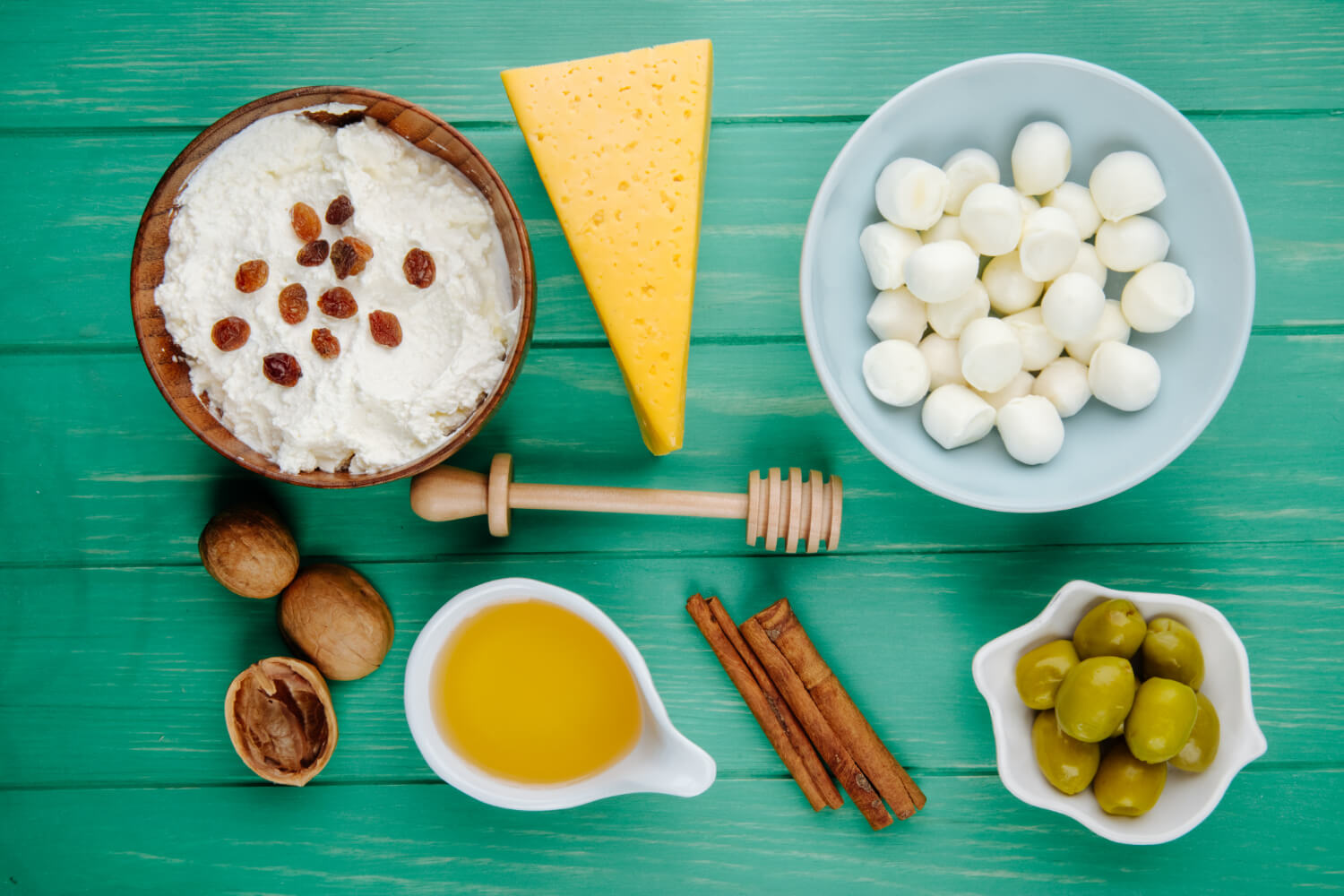Plant Protein : A key ingredient for a vibrant lifestyle
In the realm of health and wellness, the spotlight often shines on protein as a crucial element for building muscle, maintaining energy levels, and supporting overall well-being. Traditionally, the narrative has revolved around animal-based sources like chicken, beef, and fish. However, as the world becomes increasingly conscious of sustainability, animal welfare, and personal health, the allure of plant-based protein is steadily growing.
Plant protein, once considered a niche choice, has now firmly established itself as a versatile and sustainable alternative. From legumes and nuts to seeds and grains, the plant kingdom offers a diverse array of protein-packed options that not only nourish the body but also contribute to a more environmentally-friendly lifestyle.
One of the most significant advantages of plant protein is its lower environmental footprint compared to animal sources. Producing plant-based proteins typically requires fewer resources such as water and land, and generates fewer greenhouse gas emissions. By incorporating more plant protein into our diets, we can reduce our ecological impact while still meeting our nutritional needs.
Moreover, plant protein offers a plethora of health benefits. Unlike many animal proteins, which can be high in saturated fats and cholesterol, plant-based sources are generally low in unhealthy fats and free from cholesterol. This makes them ideal for supporting heart health and reducing the risk of chronic diseases such as cardiovascular disease and type 2 diabetes.
Furthermore, plant proteins are rich in fiber, vitamins, minerals, and antioxidants, which are essential for maintaining optimal health. For example, beans and lentils are excellent sources of fiber, which promotes digestive health and helps regulate blood sugar levels. Nuts and seeds provide healthy fats, vitamin E, and magnesium, all of which play crucial roles in supporting brain function and reducing inflammation.
Beans and Lentils : Excellent source of fiber
Nuts and Seeds : Source of Healthy fats, Vitamin E and Magnesium
Another noteworthy aspect of plant protein is its versatility in the kitchen. Whether you’re a seasoned chef or a culinary novice, there’s no shortage of creative ways to incorporate plant-based proteins into your meals. From hearty bean chili and creamy chickpea curry to protein-packed smoothies and decadent almond butter desserts, the possibilities are endless. With a bit of imagination and experimentation, plant-based eating can be both delicious and satisfying.
Protein packed smoothies
Almond butter dessert
Moreover, the rise of plant-based protein alternatives has made it easier than ever to transition away from animal products without sacrificing taste or convenience. From plant-based burgers and sausages to dairy-free cheeses and yogurts, the market is teeming with innovative products that cater to diverse dietary preferences and lifestyles. Whether you’re looking to reduce your meat consumption for health reasons, ethical concerns, or environmental considerations, there’s a plant-based protein option to suit every palate.
Plant based burgers and sausages
Dairy free cheese and yogurt
In conclusion, plant protein is not just a dietary choice; it’s a lifestyle. By embracing the power of plants, we can nourish our bodies, protect the planet, and indulge our taste buds in a cornucopia of delicious and nutritious foods. Whether you’re a committed vegan, a flexitarian exploring meatless Mondays, or simply curious about incorporating more plant-based options into your diet, there’s never been a better time to harness the potential of plant protein for a vibrant and fulfilling lifestyle. So go ahead, dig into that colorful salad, savor that creamy hummus, and reap the rewards of plant-powered living. Your body, your taste buds, and the planet will thank you for it.

